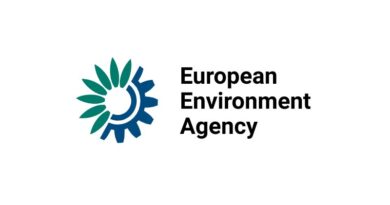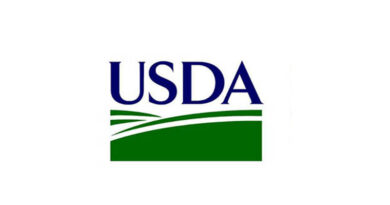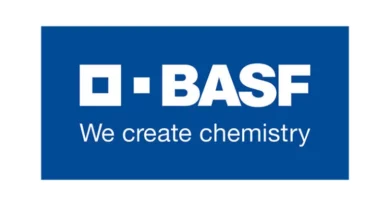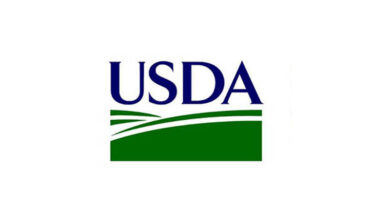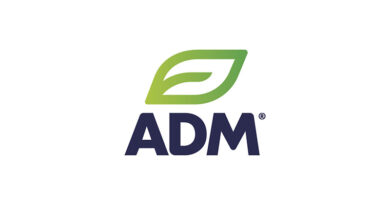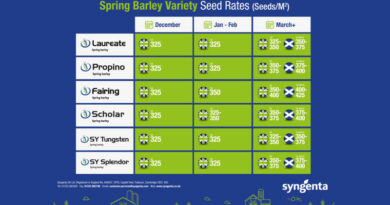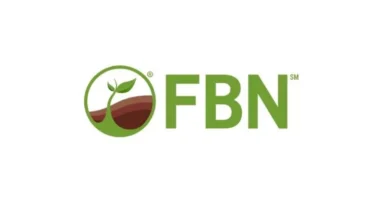Charges for disposing of DIY waste at recycling centres scrapped
01 January 2024, UK: Households no longer have to pay to get rid of small-scale DIY waste at council recycling centres, boosting recycling and making it easier for people to dispose of their waste in a responsible manner.
The Government has abolished the fees which around one-third of local authorities previously charged to dispose of DIY waste at household waste recycling centres (HWRCs).
From today, all councils in England will now treat DIY waste the same as other household waste when it meets certain conditions, such as not exceeding 2x 50L rubble bags.
This change has the potential to save households hundreds of pounds, with charges that were up to £10 an item, such as a piece of plasterboard, now scrapped.
Today’s changes are the latest in a string of Government reforms to make it simpler and easier to recycle. That includes a consultation launched last week to make it easier to recycle household electrical items and simpler household collection rules announced in October.
The DIY waste changes came into force as of 31 December 2023 and follow overwhelming public support at consultation, with 93% of householders agreeing with the plans to amend legislation.
Recycling Minister Robbie Moore said:
We have delivered on our promise to make it easier and cheaper for people making home improvements to get rid of their waste properly.
Removing charges for DIY waste at council recycling centres will help New Year home improvement projects become a reality and ensure that those disposing of waste responsibly aren’t being penalised for doing so.
The removal of the fees is part of the wider Government aim to tackle waste crime and fly-tipping, which is estimated to cost the economy £924m per year in England. Among other measures, last year the Government announced grants totalling £775,000 to help councils roll out a range of projects to crack down on fly-tipping, with an additional £1m for grants being made available this year.
The Government has also consulted on reforming the waste carrier, broker, dealer regime and on introducing mandatory digital waste tracking and is developing a fly-tipping toolkit with the National Fly-Tipping Prevention Group to help spread best practice on tackling the issue among local authorities. The toolkit is being extended to raise awareness of waste duty of care among householders and businesses.
Elsewhere, the Government has increased the maximum fines for fly-tipping, littering and graffiti, while concurrently ringfencing of the proceeds from those related fixed penalty notices so that fines can be reinvested back into enforcement and local clean-up activities.
Also Read: Brazil: New Pesticide Law in force, potential to reach 4400 registrations
(For Latest Agriculture News & Updates, follow Krishak Jagat on Google News)



